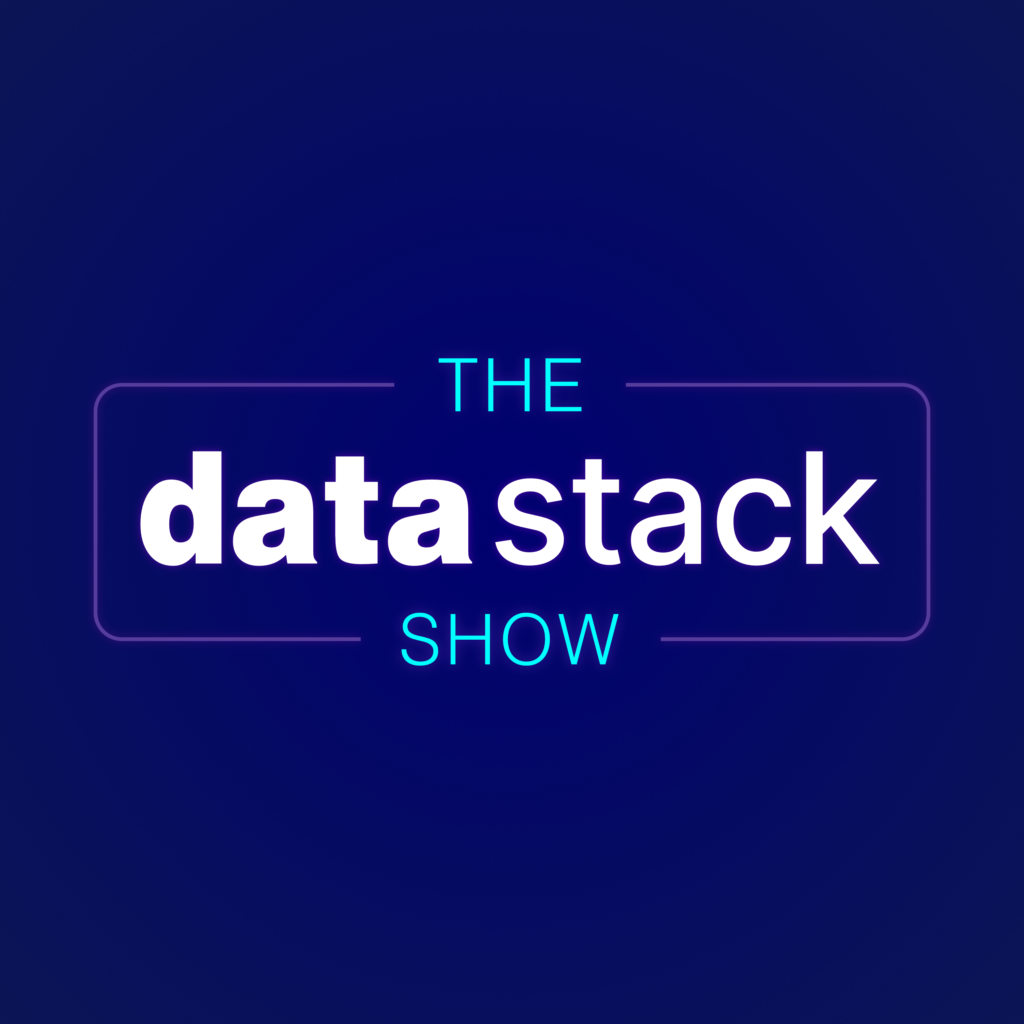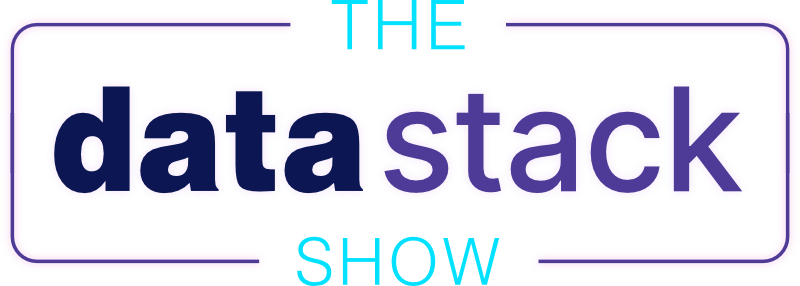
In this bonus episode, Eric and Kostas preview their upcoming conversation with Emilie Schario of Turbine.
The Data Stack Show is a weekly podcast powered by RudderStack, the CDP for developers. Each week we’ll talk to data engineers, analysts, and data scientists about their experience around building and maintaining data infrastructure, delivering data and data products, and driving better outcomes across their businesses with data.
RudderStack helps businesses make the most out of their customer data while ensuring data privacy and security. To learn more about RudderStack visit rudderstack.com
Eric Dodds 00:05
Welcome to The Data Stack Show prequel where we replay a snippet from the show we just recorded. Kostas, are you ready to give people a sneak peek?
Kostas Pardalis 00:14
I am, yes. Let’s do it.
Eric Dodds 00:17
Let’s do it. Kostas, what a fascinating conversation with Emily from Turbine. She’s been on the show before GitLab, Netlify, Amplify ventures just knows the modern data stack better than anyone. And it’s amazing that she’s going after the ERP space. I mean, I, you know, what do you think about when you think about ERP, because I think about really gnarly ETL jobs and like Transformations is when I get up, because it’s just like, you know, the API’s are horrible. The the schemas are horrible, the data types, I mean, just the amount of like data type work that you have to say. Yeah.
Kostas Pardalis 01:07
I don’t know where to go. I think you might be surprised about what it’s the first thing that comes to my mind when we are talking about LPs. For me, it’s mainly lawyers, and very complicated contracts. Not that just go and do a demo and the pilots with a customer because they are used.
Eric Dodds 01:31
Alright, because you actually built you built that love jobs for ERP.
Kostas Pardalis 01:39
Yeah, I mean, can we say names or the legal teams of these names can go after it. So that probably is not like a bad idea for the popularity. So So yeah, it was NetSuite. And for the customer like to do the demo, they needed to make sure that legally they’re like covered. So there was a lot of back and forth with the legal team to make sure that I get into problems with Oracle. Yeah.
Eric Dodds 02:12
I think one of the most fascinating things to me was, you know, this is really interesting, because we talk about data so much on the show, we talked about data products, and the way they interact with data, the way they solve problems around data. This was really interesting to me. And I think a really good I’m going to think about this a lot over the next couple of weeks. Emily probably knows more about data and data products than most people we’ve had on the show right now. Just in terms of the breadth, right, like, of her experience. And when we dug in with her on the problem that they were solving in the ERP space, she described it actually as a as a function of software getting out of the way of the user. Right? She didn’t actually did I mean, we did discuss data, and we discussed some of the peculiarities of accounting and inventory data, which is a very difficult problem and why incumbent ERPs that are, you know, these heavyweight crufty tools still exist. But she kept going back to the customer. I mean, we kept harping on that. And she just kept saying, I’m just talking to our customers. And I’m asking how their ERP is getting in the way of them doing their job. And we’re just building a tool that gets out of their way so they can do their job better. And, like, sure, that’s accounting data, its inventory data, like their purchase orders. These are very challenging things. But she didn’t for her that it was actually pretty simple. Like, well, how do you go challenge the big incumbent ERP is like, you just build software that gets out of the customers way as they’re trying to do their job. And that was so refreshing. Yep. And I think very, I think it actually is expressive of someone who’s a very good leader, and who can understand how to build what will become like truly great software one day
Kostas Pardalis 04:21
Yep. 100% and I think like at the end, no matter like what we are building like from, I don’t know, like boring software that keeps notes for one person to go in like building rocket. Like at the end like if you want like to succeed, you need to follow like this basic principle of talking to the customer and trying to figure out how to build something better for the customer. We just keep forgetting that like especially in tech like many times we think that like okay, if I come up like with a new technology, that’s all you It takes, right. And actually, it’s interesting, because we’ve had like this conversation with here like before the actual recording about blockchain and Ledger’s, right? And that’s exactly what’s happened there. Like, we saw that, oh, if we come up like with these new crypto technology, and we expose all this complexity out there, so important and fascinating, the like, people will just like go and adopt it. And at the end, it didn’t work like that, right? Doesn’t mean that like crypto cannot solve the problem. It can solve the problem, and maybe better I don’t know, right. But the way the industry approached the problem was wrong, like, technology is like, just a tool, right? You need to go and do what Emily’s doing. Listen, and again and again and again and obsessed with finding like the right solution for your specific customer. So I would suggest to anyone like to go and listen to the episodes. It doesn’t matter if you’re like a founder, or you’re leading a team or like you’re building something anywhere. I think keeping that principle in mind is super, super important. And we can all learn from here.
Eric Dodds 06:19
100% agree well, thanks for listening. Really great episode. Check it out. If you haven’t subscribed, if you haven’t, wherever you get your podcast, tell a friend and we’ll catch you on the next one.

Each week we’ll talk to data engineers, analysts, and data scientists about their experience around building and maintaining data infrastructure, delivering data and data products, and driving better outcomes across their businesses with data.
To keep up to date with our future episodes, subscribe to our podcast on Apple, Spotify, Google, or the player of your choice.
Fill out the form below to get a monthly newsletter from The Data Stack Show team with a TL;DR of the previous month’s shows, a sneak peak at upcoming episodes, and curated links from Eric, Kostas, & show guests.